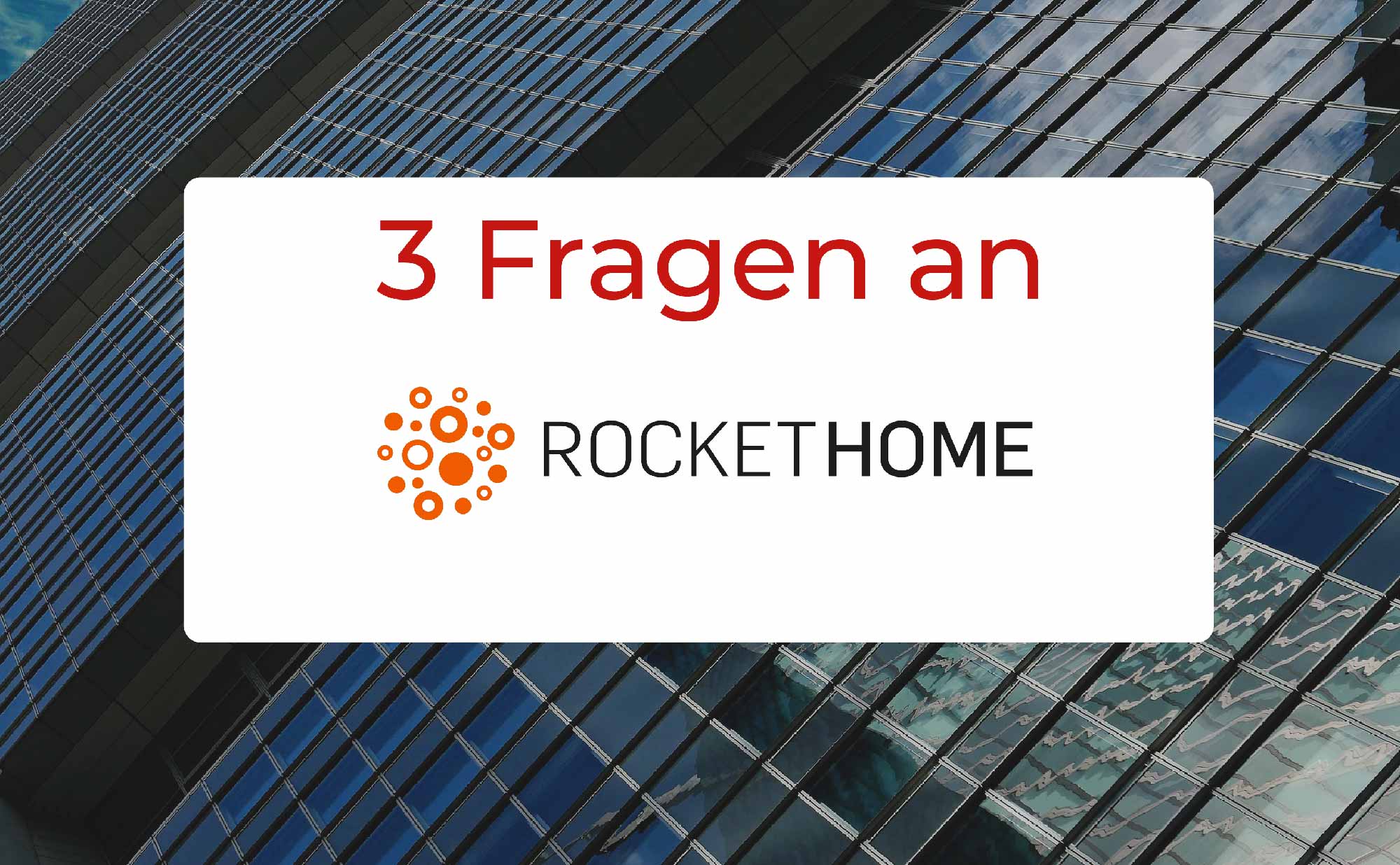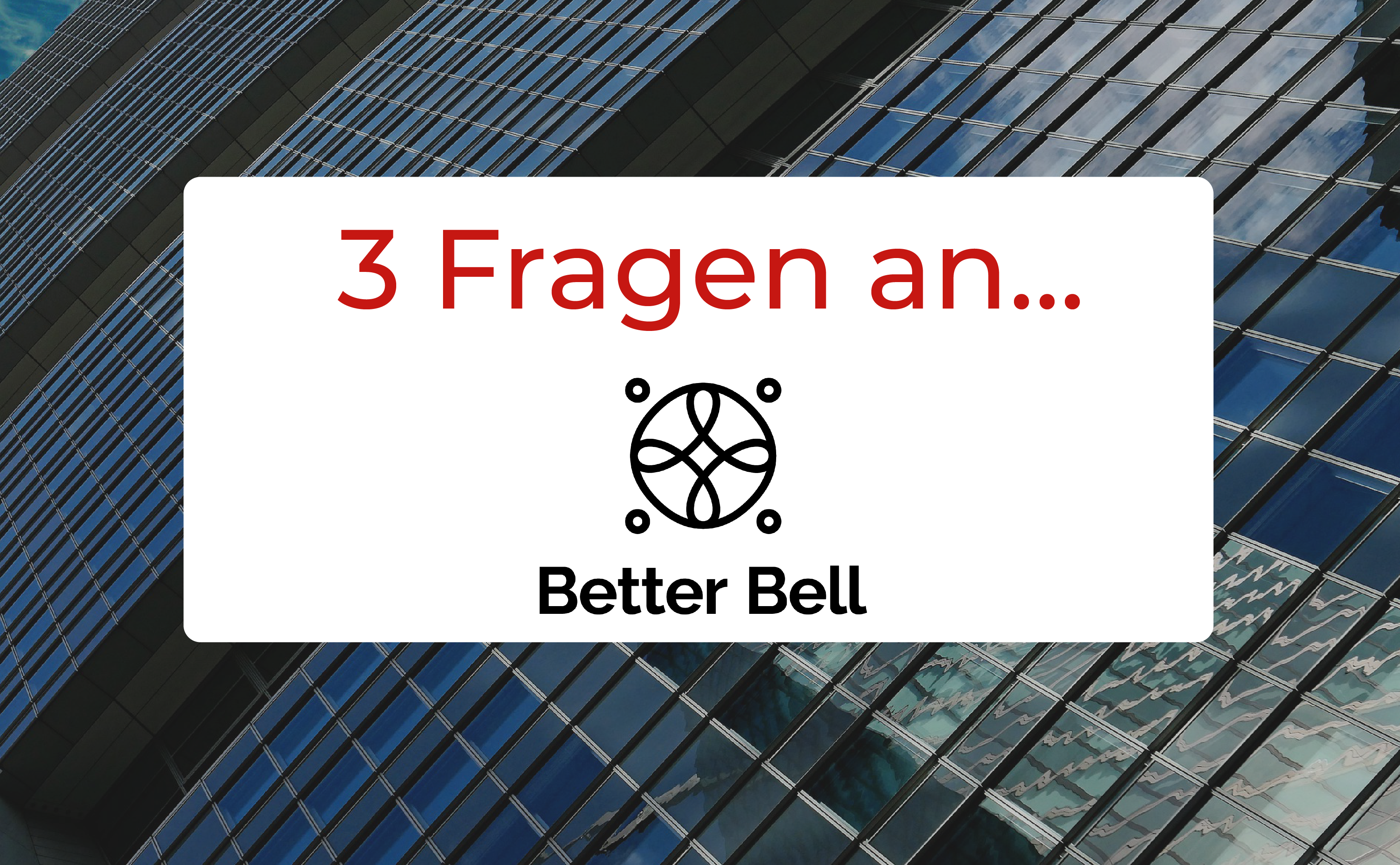Ohne Digitalisierung keine Nachhaltigkeit? Wie seht ihr das? Im Kern geht Nachhaltigkeit natürlich ohne Digitalisierung.…

Digitalization within the Real Estate Industry
Expectations vs. Reality
As an Accelerator that focusses solely on the PropTech (Property Technology) Industry, we directly experience the hassle of the Real Estate Industry trying to live up to speed of digitalization! Which, in other industries, has been an essential aspect to improvement and company development.
[milestone heading_inherit=“default“ symbol_position=“after“ subject_padding=“0″ color=“Accent-Color“ effect=“motion_blur“ symbol_alignment=“Superscript“ milestone_alignment=“default“ number=“77″ symbol=“%“ number_font_size=“200″ symbol_font_size=“60″]
[divider line_type=“No Line“ custom_height=“5″]
of real estate companies
[divider line_type=“No Line“ custom_height=“15″][nectar_btn size=“small“ open_new_tab=“true“ button_style=“see-through“ button_color_2=“Accent-Color“ color_override=“#c71712″ icon_family=“default_arrow“ url=“https://www.bfw-bund.de/services/presse/pressemitteilungen/61575-bfw-umfrage-zur-digitalisierung-mittelstaendische-immobilienunternehmen-drohen-sich-selbst-auszubremsen/“ text=“source“ css_animation=“pulse“]
of real estate companies
do not plan on hiring additional employees for the company’s digital transformation process.
As the BFW concluded, there are a few digital frontrunners who implemented the bases, but 77% of the companies do not want to hire any additional employees for their digital transformation and 54% do not have any implementation plan concerning Digitalization. However, the best part of this survey is that these companies said, they have high expectations towards Digitalization. Wait… what? Yes, you read right, they expect technology to just happen to them. But they do not want/ have the resources to work with it. No wonder the BFW called this a Paradox!
The Real Estate industry is a little like my grandma: does not want to buy a new tv (hers is literally 15 years old) but gets annoyed when her remote does not work, her favorite channel is not available anymore, the connection is a mess and through this my brother or I have to regularly visit and figure out how to make it work again. We would probably have to get HER a new TV before she would ever get involved with “this technical stuff” herself.
[image_with_animation image_url=“1093″ alignment=““ animation=“Fade In“ border_radius=“3px“ box_shadow=“medium_depth“ max_width=“100%“]
Very similar to the Real Estate industry: it has always worked like this, why should we care about newer technologies? It will happen to us anyway. We do not have money or time for this. Let’s print this 70 page-contract, sign it, scan it, send it to the customer who has to sign it, scan it, and send back via carrier pigeon. No problem here. I mean, you would think that they would only wait for young motivated minds to ease their work flows and dearly welcome them to improve the processes, but this is unfortunately very often not the case.
[image_with_animation image_url=“1127″ alignment=““ animation=“Fade In“ border_radius=“3px“ box_shadow=“medium_depth“ max_width=“100%“]
Not EVERY real estate company does a terrible job at this, there are brilliant examples of big real estate firms getting involved with new technology such as BEOS. Already in 2015 when the term PropTech was still a quite unknown slang-word BEOS announced their cooperation with Architrave to build a strategy for digitalization within the company.
It was the aim to go from an analogue to a modern digital management for internal documents, easily accessible for everyone. A team of Developers, Designers and Usability-specialists helped BEOS getting into the digital age from here. Since then BEOS has been a continuous role model for digital transformation. They understood early on that this process is not only to simplify the usage for the employees and customers but also has its entrepreneurial and strategic advantages in terms of depth in detail, access and evaluation of the material.
However, there have been several cases where the cooperation between the two just did not work out. Several firms who wanted to cooperate with young PropTech startups and instead of letting the PropTech help them improve their business, the cooperation did not work as it should have and, in the end, unfortunately the PropTech went bankrupt. One can only guess but one crucial point for corporates in
[image_with_animation image_url=“1136″ alignment=““ animation=“Fade In“ border_radius=“3px“ box_shadow=“medium_depth“ max_width=“100%“]
working with a PropTech is that they must be extremely open to this cooperation, feel the motivation to work with them and even though it is way out of their comfort zone, to let them explore and maybe also criticize their previous work flows. This is a serious problem. Because in the end a failed cooperation will affect the startup way worse than the huge corporate for whom this is not that big of a deal. So, the cooperation with big real estate firms is important but not that easy to pursue as one would hope.
However, there are also fields in which a more modern and digitalized application in theory sounds terrific, but is not wanted by the users! A great example here is the latest hype about chatbots. More and more websites have the little popup with "Hi, how can I help you today?" come up when trying to contact them. The ZIA survey on the "digitial office" found out that 7 out of 10 people are opposed to talking to a chatbot rather than an actual human being. So, is technology approaching too fast for the people or are the people the one's not going with the time. I'll leave that decision up to you.
[image_with_animation image_url=“1140″ alignment=““ animation=“Fade In“ border_radius=“3px“ box_shadow=“medium_depth“ max_width=“100%“]
It is interesting how different the opinions on this topic are. The expectations are sometimes a lot different to what reality offers for this time and place. Thomas Birkle from the technology and service provider Robert Bosch concluded that Germany lags around 3 years behind England, the USA and the Nordics. The real estate industry is not dynamic, he says.
Thomas Herr, Head of Digital Innovation and Managing Director of CBRE, says that it will take 10-15 years until revolutionary technologies like blockchain, IoT etc will assert the market. Some even say that the digital transformation is not even here. Dr. Thomas Beyerle questions which innovations did take off in the real estate industry at all? Besides some approaches in virtual reality, management of documents and the flexibility of workspace there is not much going on, he says.
[divider line_type=“Small Line“ line_thickness=“1″ divider_color=“accent-color“ animate=“yes“ custom_height=“50″]
In conclusion yes, the expectations of some young motivated PropTech founders to disrupt this industry and become a unicorn in a split second like Airbnb is unrealistic, the established real estate players are a tough crowd, and this probably will not change for the next few years. However, we as an accelerator try our very best to simplify the cooperation between PropTechs and Corporates and bring them together on eye-level not only through our program but also through our conference FUTURE: PropTech in Berlin which we co-host to initiate and encourage the exchange of established Real Estate players, VC’s and PropTech founders.
What do you think? How can the real estate industry operate to achieve a better cooperation with PropTech's and establish technology in their companies? I would be happy to hear your feedback on this topic!
Have a good week 🙂
Jill




Dieser Beitrag hat 0 Kommentare